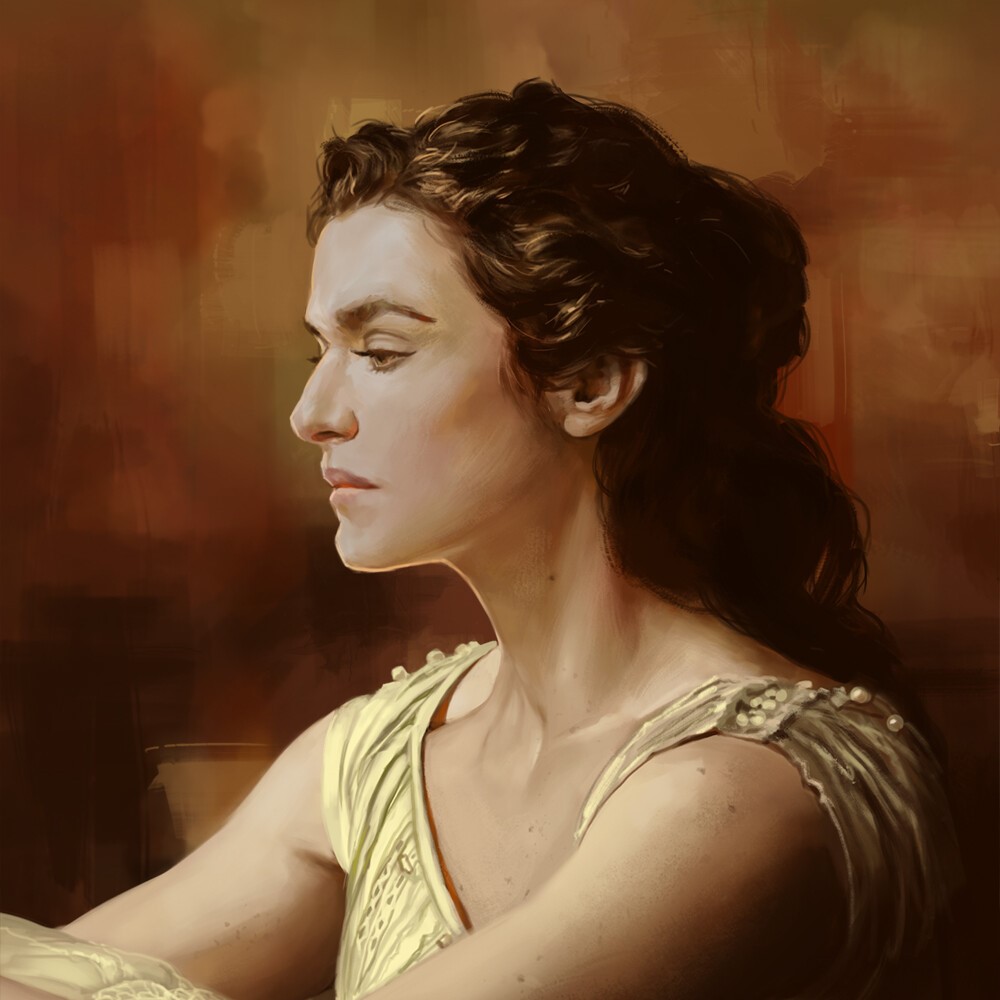
Hypatia of Alexandria
As for the females in the history of philosophy, which can be scarce at that, Hypatia of Alexandria deserves a high rank and a special mention. Hypatia was born in between 360 and 415 AD in Alexandria, Egypt and challenged conventional norms through her learning earning her a place in history as one of the world’s most learned women.
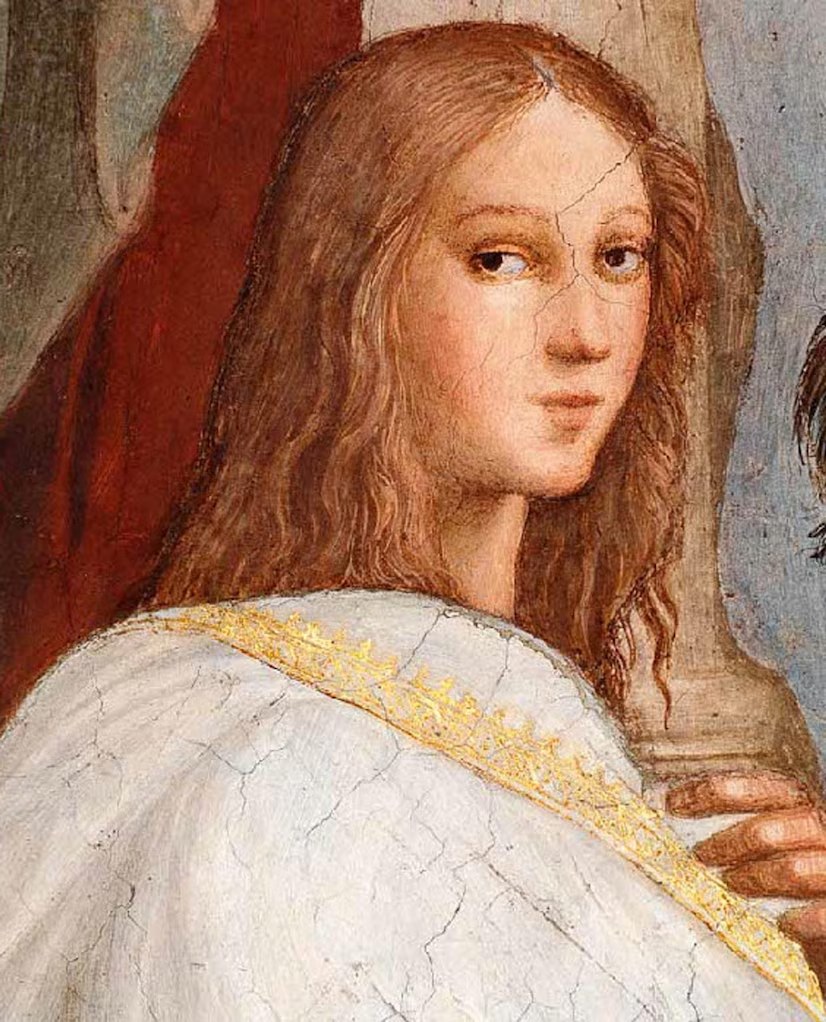
Sophia was born as Hypatia and was the daughter to Theon of Alexandria who was a mathematician and philosopher. physics, mathematics, and philosophy were specialities which she could fluently study under his supervision in astronomy. Such extensive learning and inspiring eloquence attracted pupils from the Mediterranean; she headed the Neoplatonic school in Alexandria.
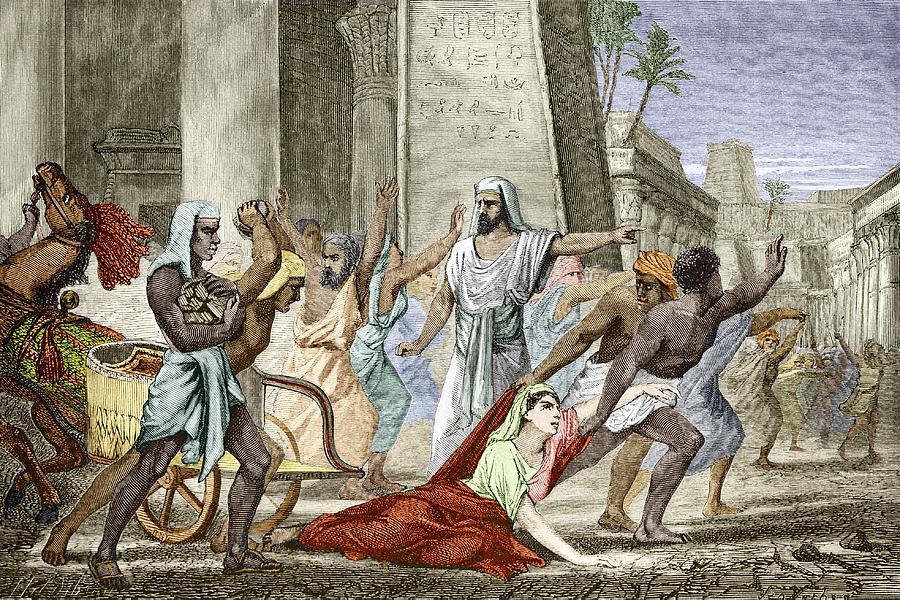
In mathematics Hypatia contributed to improvement of algebra, geometry, astronomy. About the topics which she wrote commentaries, namely Diophantus and Apollonius of Perga, she has commentaries with which people continue to appreciate to date.
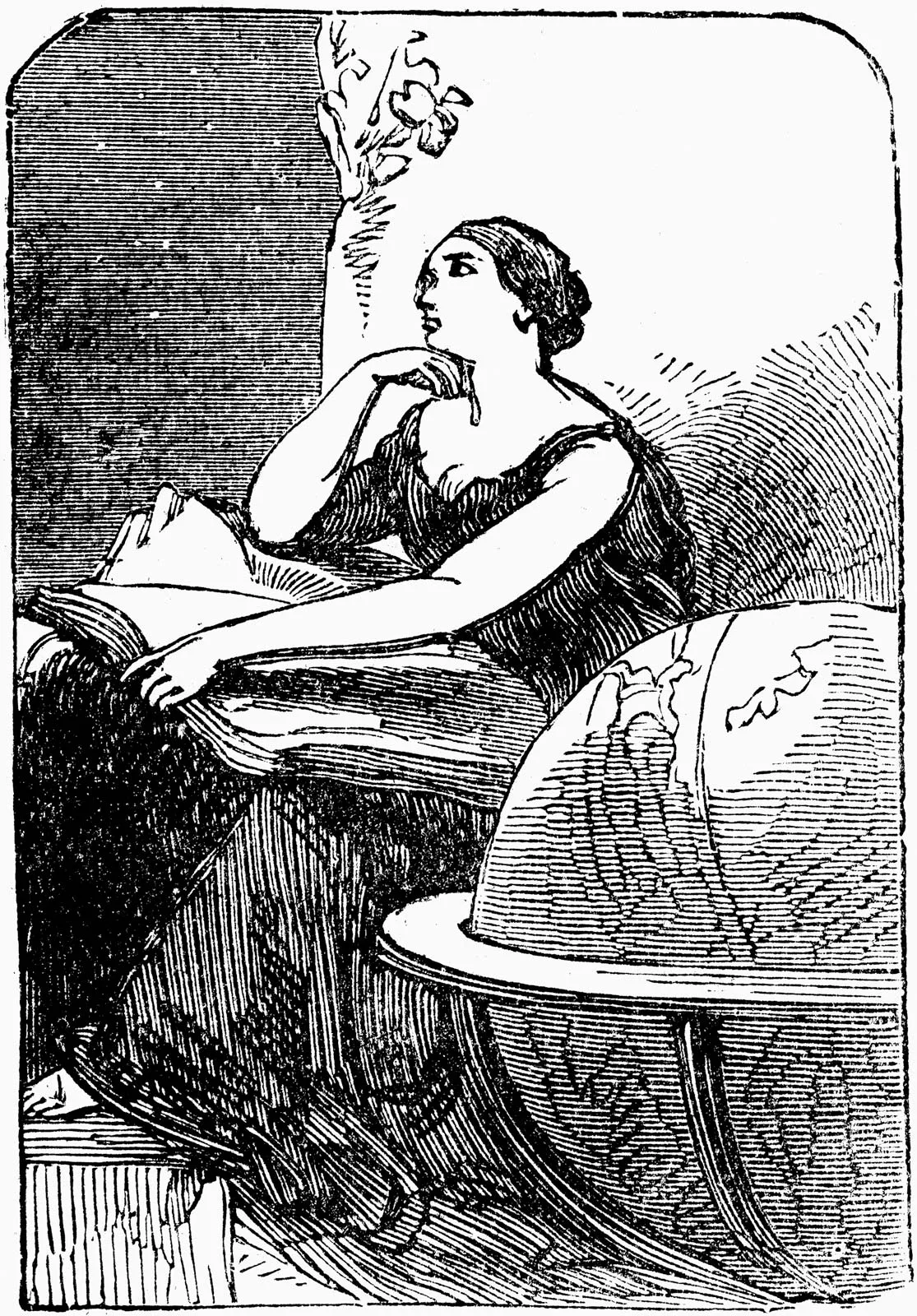
Therefore, as a prominent Neoplatonist, Hypatia synthesised the rational components of the Platonic tradition with the mythopoeic and the religious features of the thought. Her high intelligence was beneficial to many people who wanted knowledge, and she offered them advice and information.
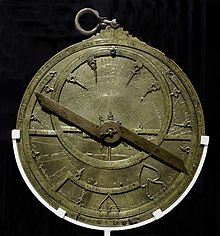
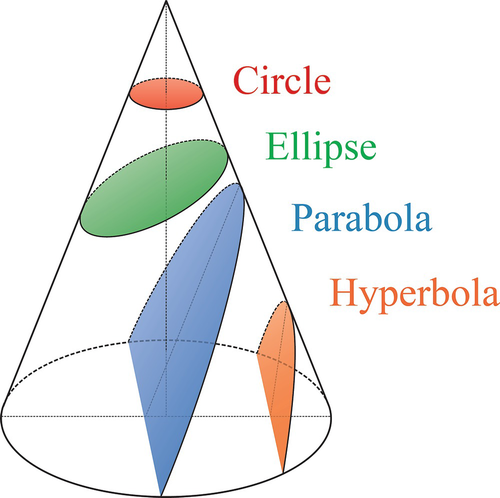
Hypatia left her mark in 415 AD she was killed by a mob a concern that was characteristic of the religious and political instabilities of the era. Hypatia’s works have continued to circulate her beliefs in the society even after her death, through promoting for women’s rights and individualism or the freedom of learning. She is fondly remembered for her commitment of promoting the acquisition of knowledge and the discovery of the truth.
Hypatia of Alexandria is still portrayed as the exemplary scholarch, which testify to the constant pursuit of knowledge and the process of becoming. I am inclined to continue here a summary of her biography as the life story and the work of the woman stimulate the contemporary scholars and thinkers reflecting the universal process of gaining the knowledge.